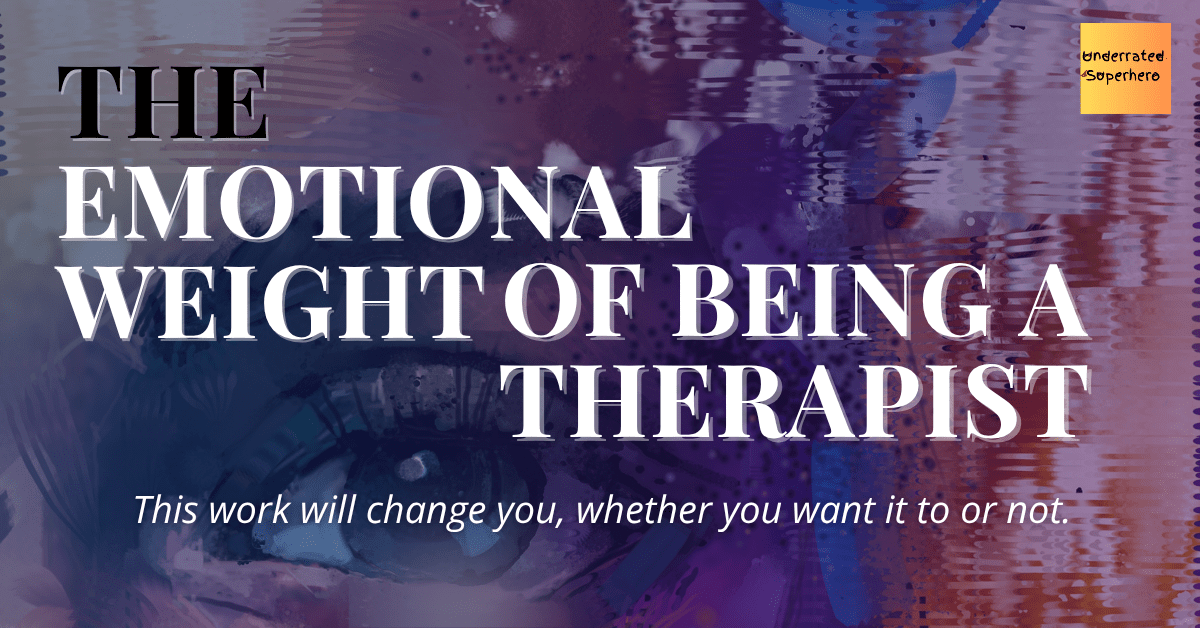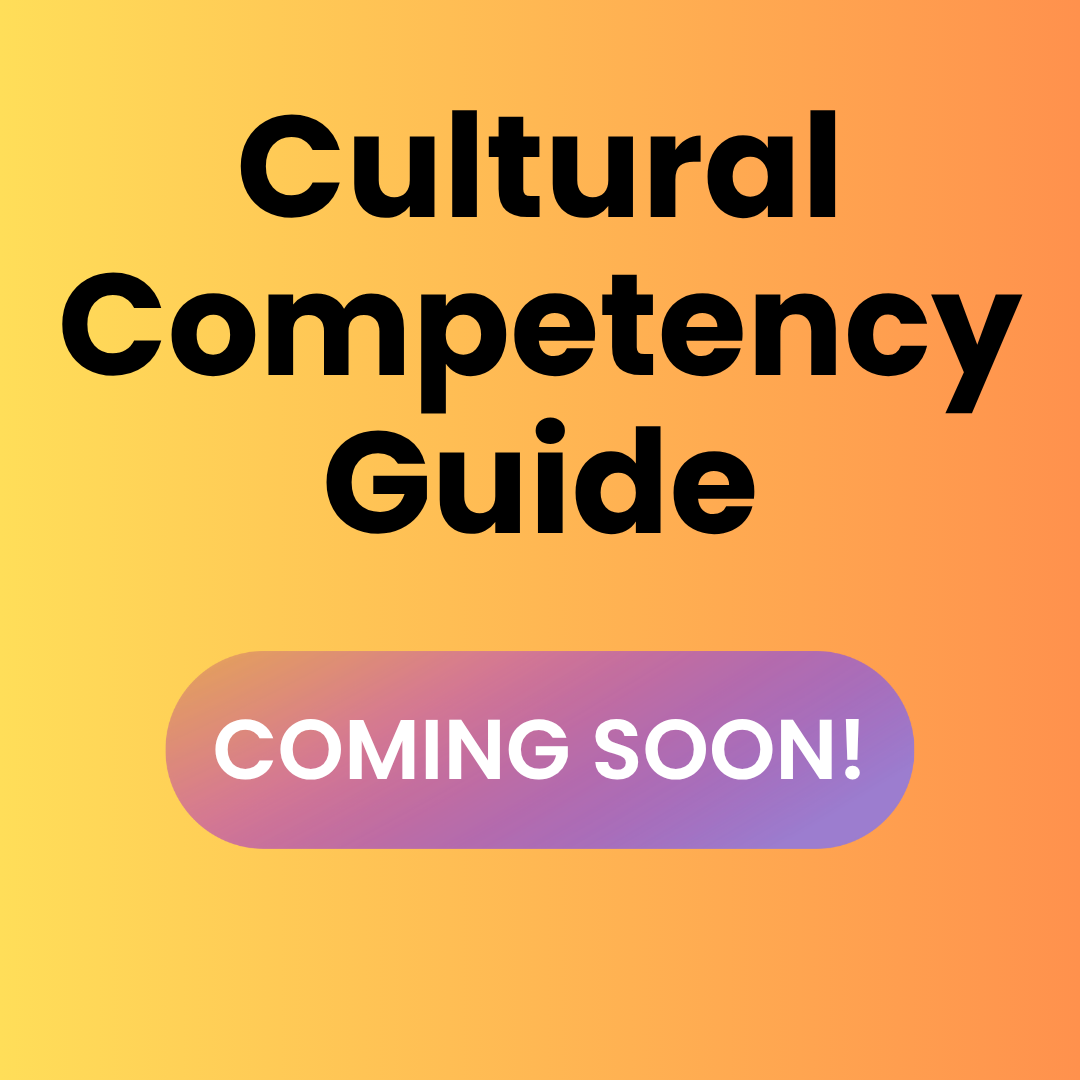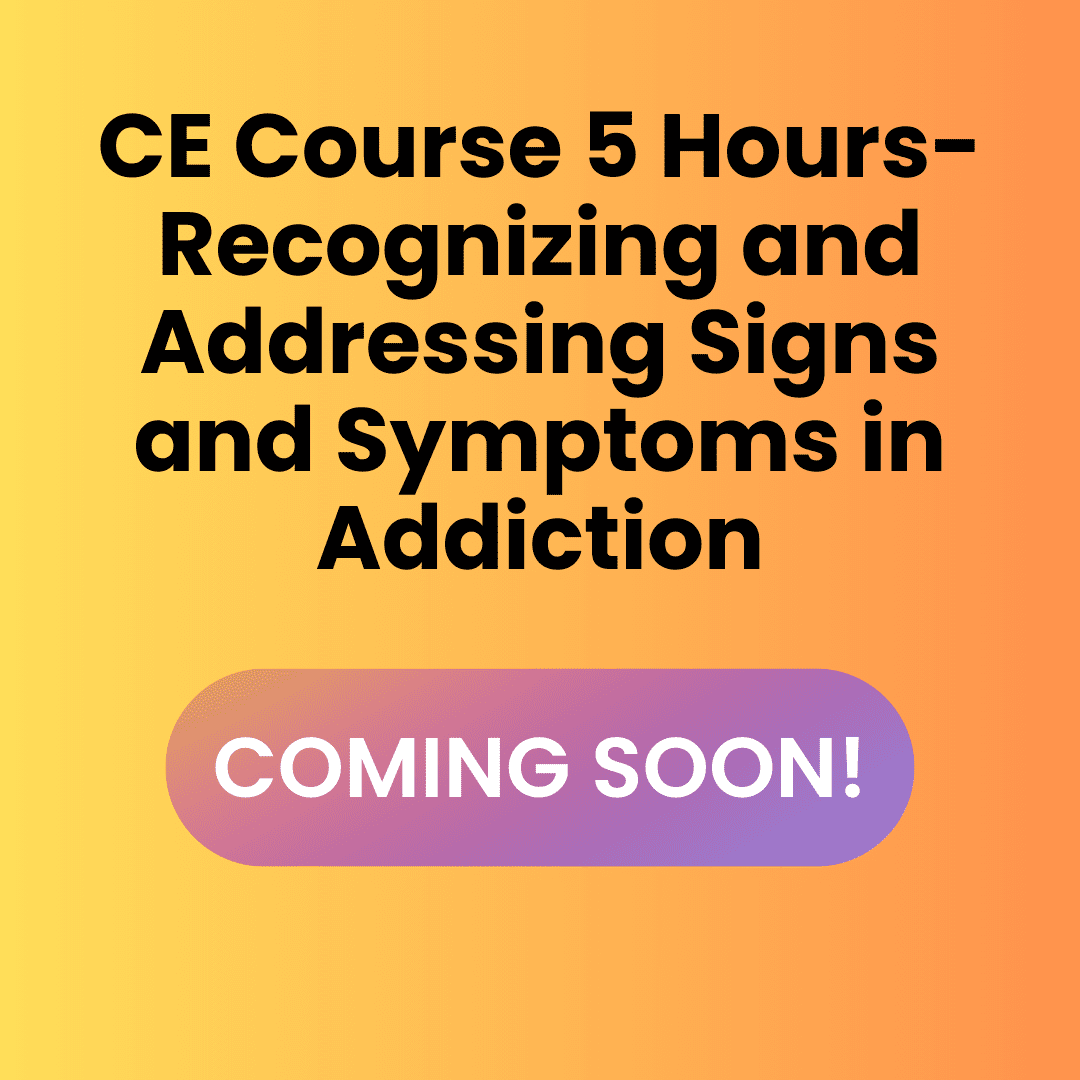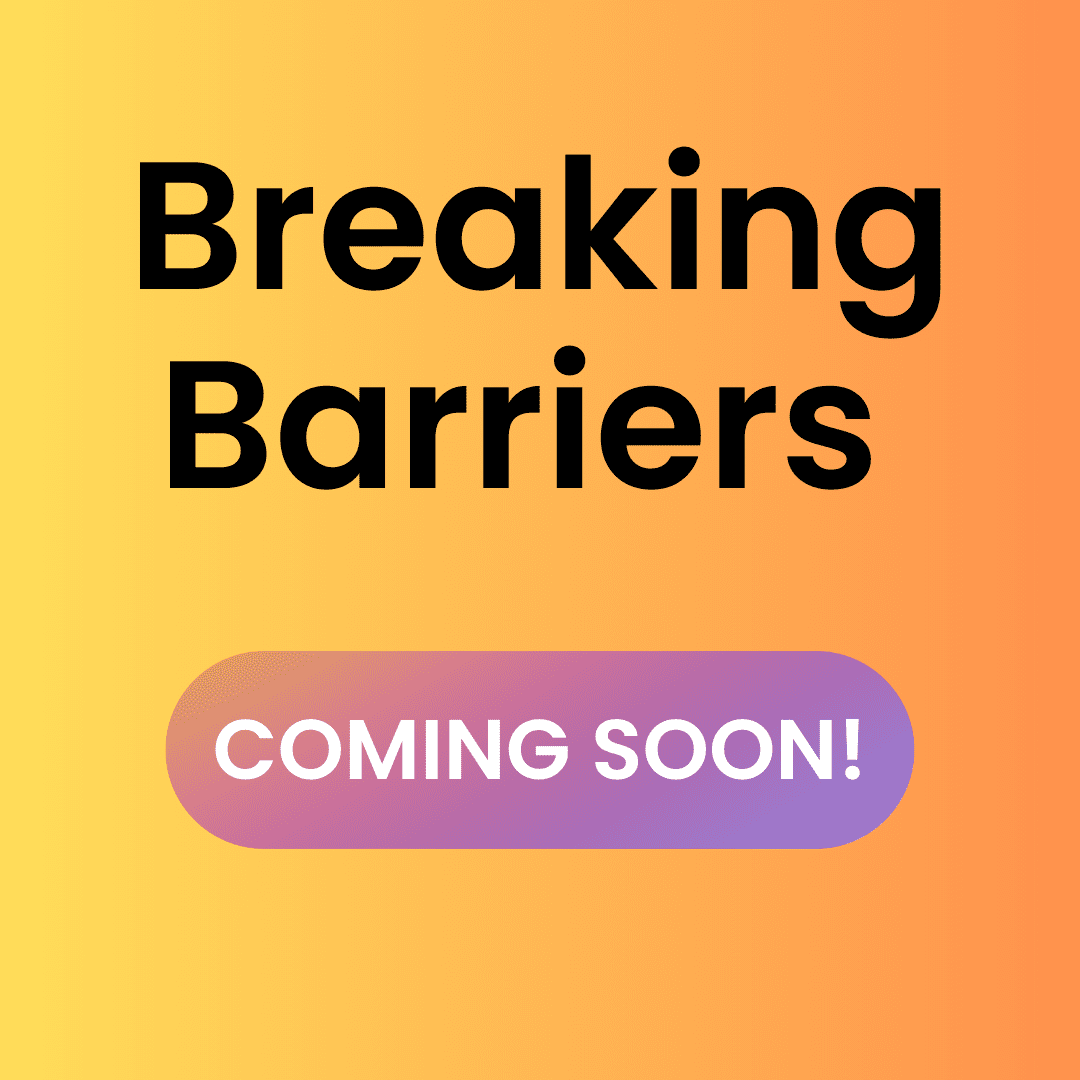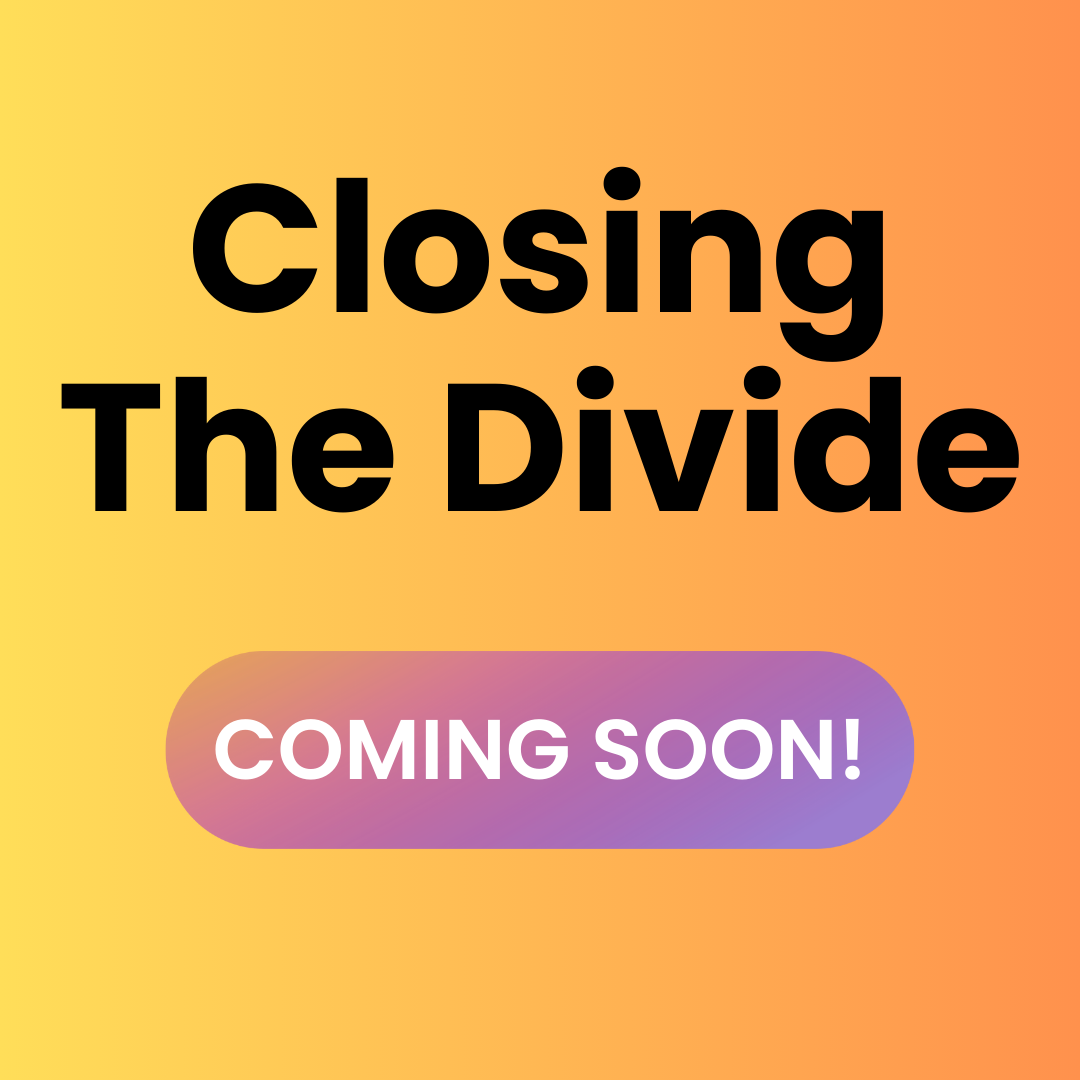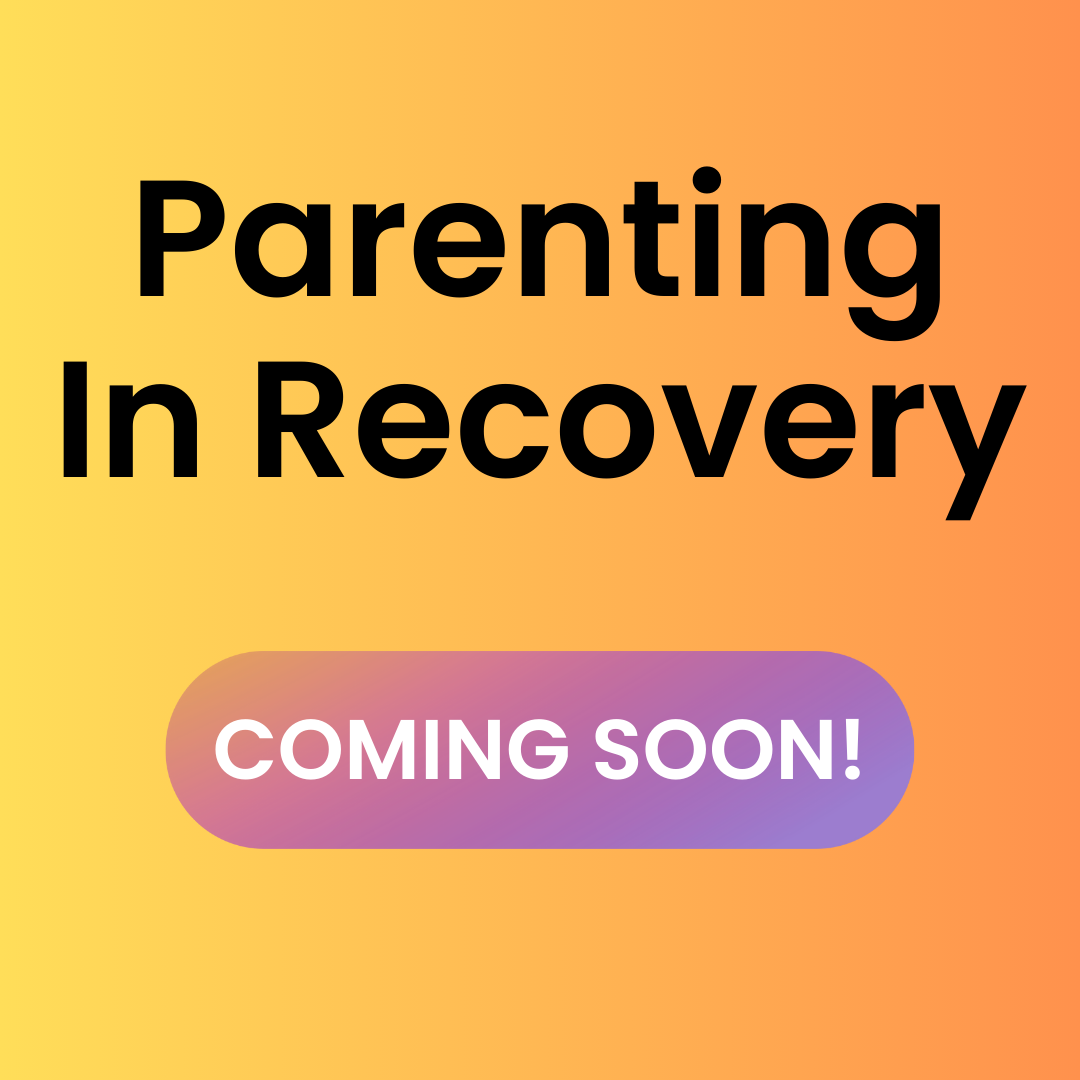People love to talk about how rewarding being a therapist is.
- “Helping people must feel amazing!”
- “It must be so fulfilling!”
- “It must be so nice to have such meaningful work!”
But what they don’t talk about is the weight of it.
They don’t talk about what it’s like to hold space for other people’s pain every day while carrying your own. They don’t talk about the emotional exhaustion, the secondary trauma, the burnout that sneaks up on you.
And they definitely don’t talk about how self-care isn’t just a suggestion, it’s survival.
Because if you don’t take care of yourself in this field, it will swallow you whole.
Here’s what no one told me before I became a therapist.
1. You Absorb More Than You Realize
It happens before you notice it.
One day, you’re listening to a client describe their trauma, their grief, their hopelessness.
And later that night, when you’re supposed to be unwinding, you feel it.
Maybe it’s a heaviness you can’t name. Maybe it’s a tightness in your chest, a restlessness in your body, a sadness that doesn’t belong to you.
But it’s there.
You don’t just listen to trauma. You carry it. You absorb it. And if you don’t process it, it stays with you.
2. Burnout Doesn’t Announce Itself, It Creeps Up on You
Burnout isn’t just feeling tired. Its feeling empty.
It’s looking at your schedule and feeling nothing. Not dread, not excitement, just numbness.
It doesn’t happen overnight. It happens in slow, invisible ways. And by the time you realize what’s happening, you’re already deep in it.
Burnout doesn’t come with a warning sign. Pay attention to the small shifts before they turn into something bigger.
If you’re noticing early signs of burnout, the SAMHSA Practitioner Training & Resources page offers evidence-based guidance for managing stress and compassion fatigue in behavioral health
3. Some Stories Stay with You Forever
You won’t remember every client. But some? Some you’ll never forget.
- The one who didn’t make it.
- The one who called for help, and you didn’t see the message in time.
- The one who fought so hard, only to lose everything anyway.
Some stories sit in your chest forever.
You tell yourself you did everything you could. You tell yourself its not your burden to carry.
But some nights, you still wonder, what if I had said something different?
You don’t get to save everyone. And carrying that grief quietly is part of the job.
4. The Line Between Work and Life Blurs If You Let It
Therapists preach about boundaries.
- Leave work at work.
- Compartmentalize.
- Dont carry your clients struggles home with you.
But that’s easier said than done.
Because even if you don’t talk about it, you still feel it.
You still find yourself thinking about that one client during dinner. You still wake up in the middle of the night, wondering how that crisis unfolded. You still catch yourself analyzing every conversation you have, because therapy changes the way you listen, the way you see people, the way you move through the world.
If you don’t set boundaries, this work will consume you.
5. Self-Care Isn’t Optional It’s Survival
People love to say, “You can’t pour from an empty cup.”
But what they don’t say is how damn hard it is to actually set that cup down.
Because when you’re used to being the strong one, taking a step back feels wrong.
- Setting boundaries feels selfish.
- Saying no feels like failing someone.
- Taking time off feels like you’re abandoning people who need you.
But if you don’t? You won’t last.
You either take care of yourself, or you won’t be able to take care of anyone else.
The American Psychological Association’s Self-Care Resources share practical steps clinicians can take to recharge and set healthier boundaries.
And Yet, We Still Show Up.
Despite the emotional exhaustion. Despite the quiet grief. Despite the weight that never fully lifts.
We still show up.
Because even in the hardest moments
- The client who has their first breakthrough after months of silence.
- The person who says, No one has ever listened to me like this before.
- The day you realize you helped someone believe in themselves again.
It’s worth it.
Every time.
You don’t have to shoulder the weight of this work alone. That’s why I’ve built a library of ready-to-use tools and resources—so you can spend less time reinventing the wheel and more time doing what you do best: helping your clients. Explore what’s available at The Underrated Superhero.

